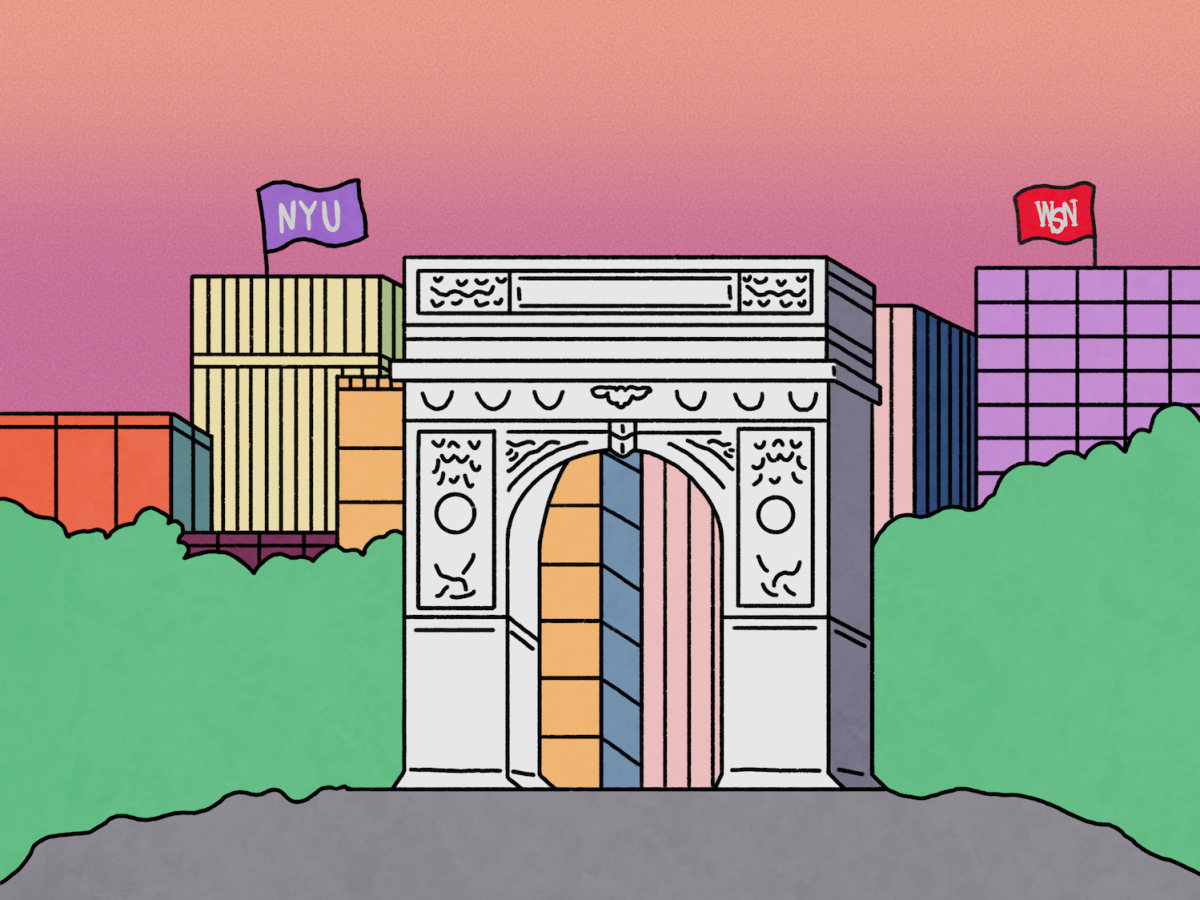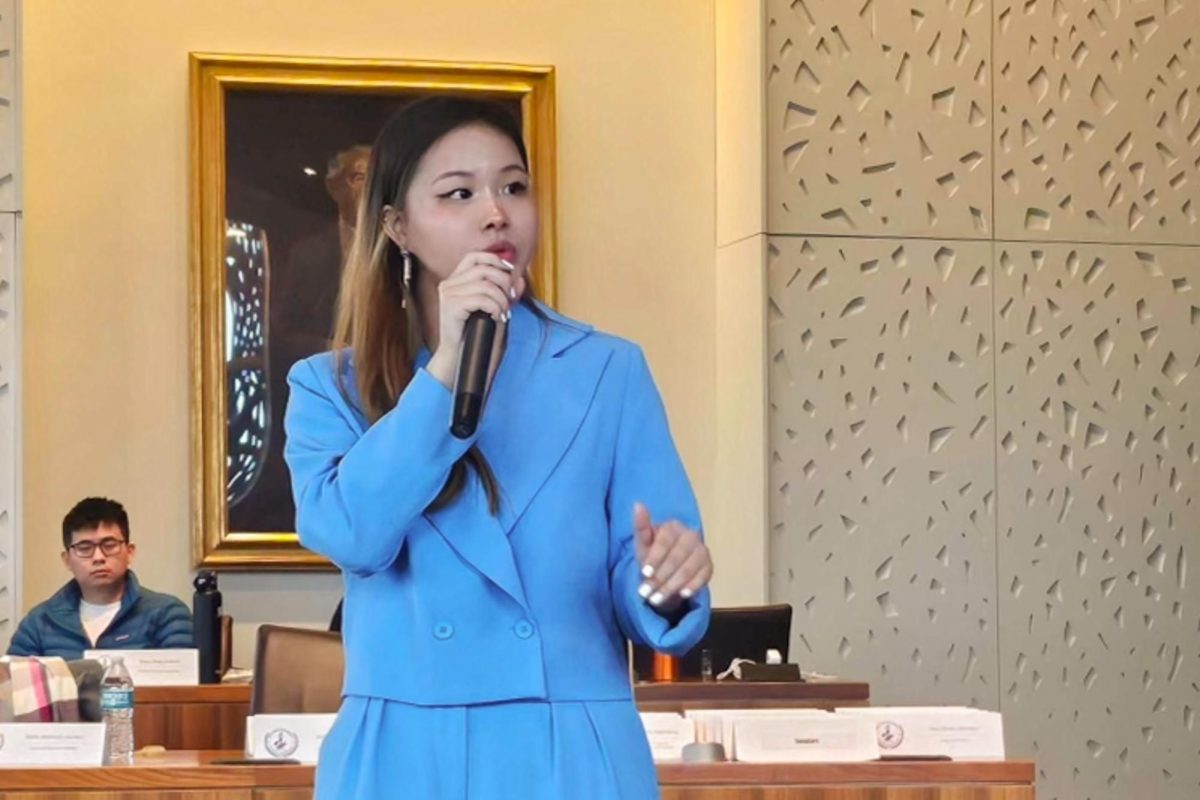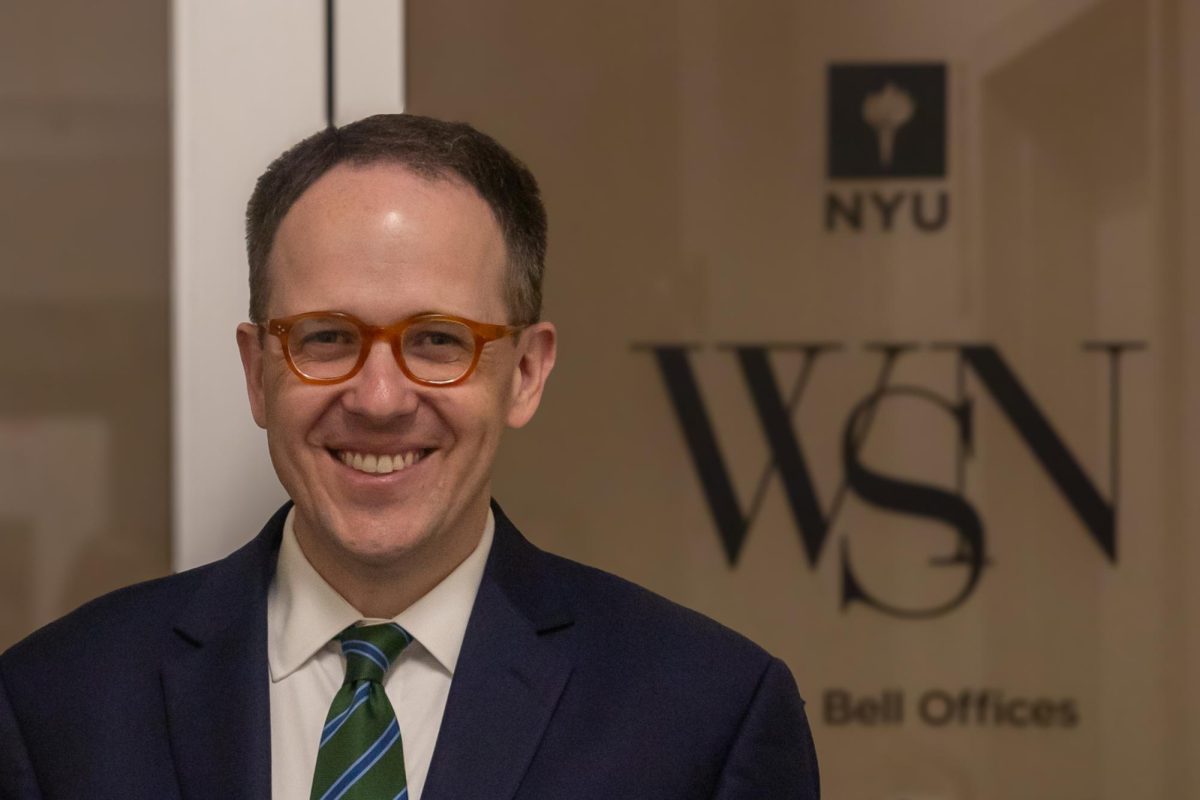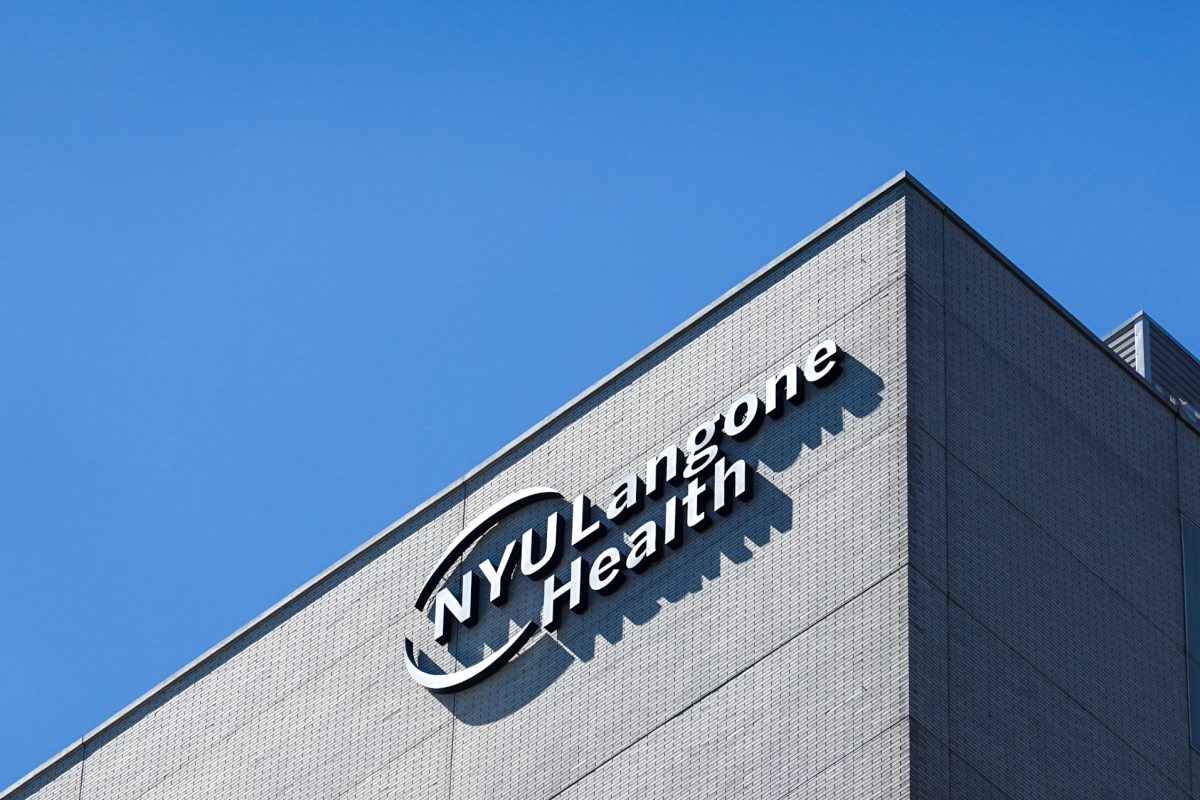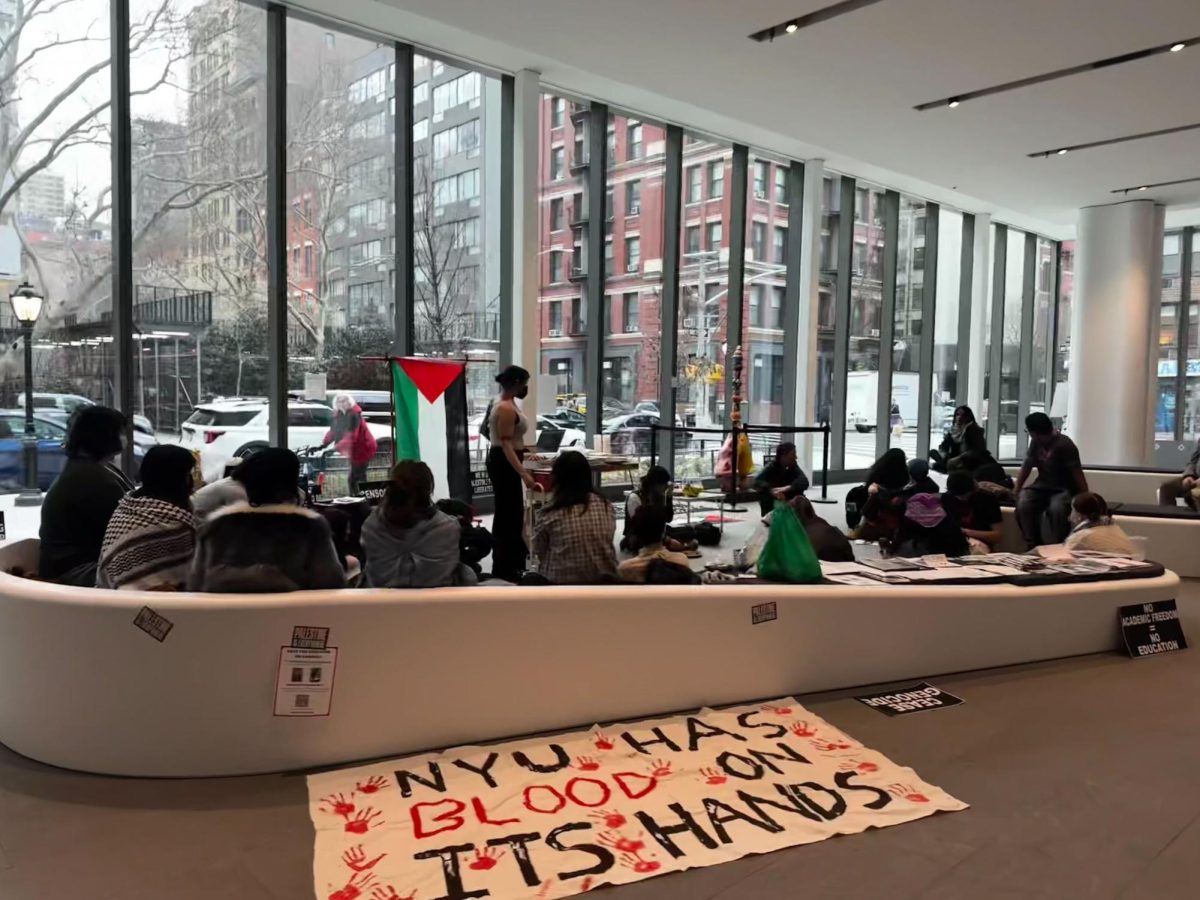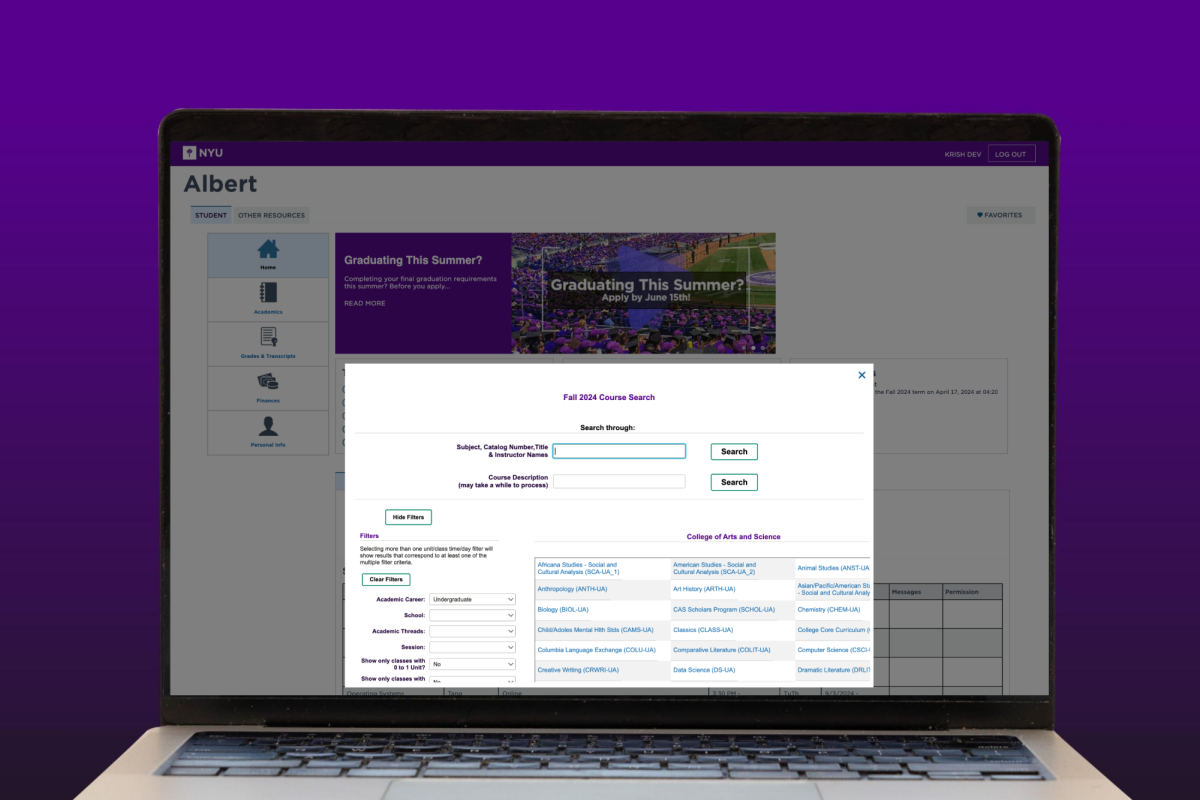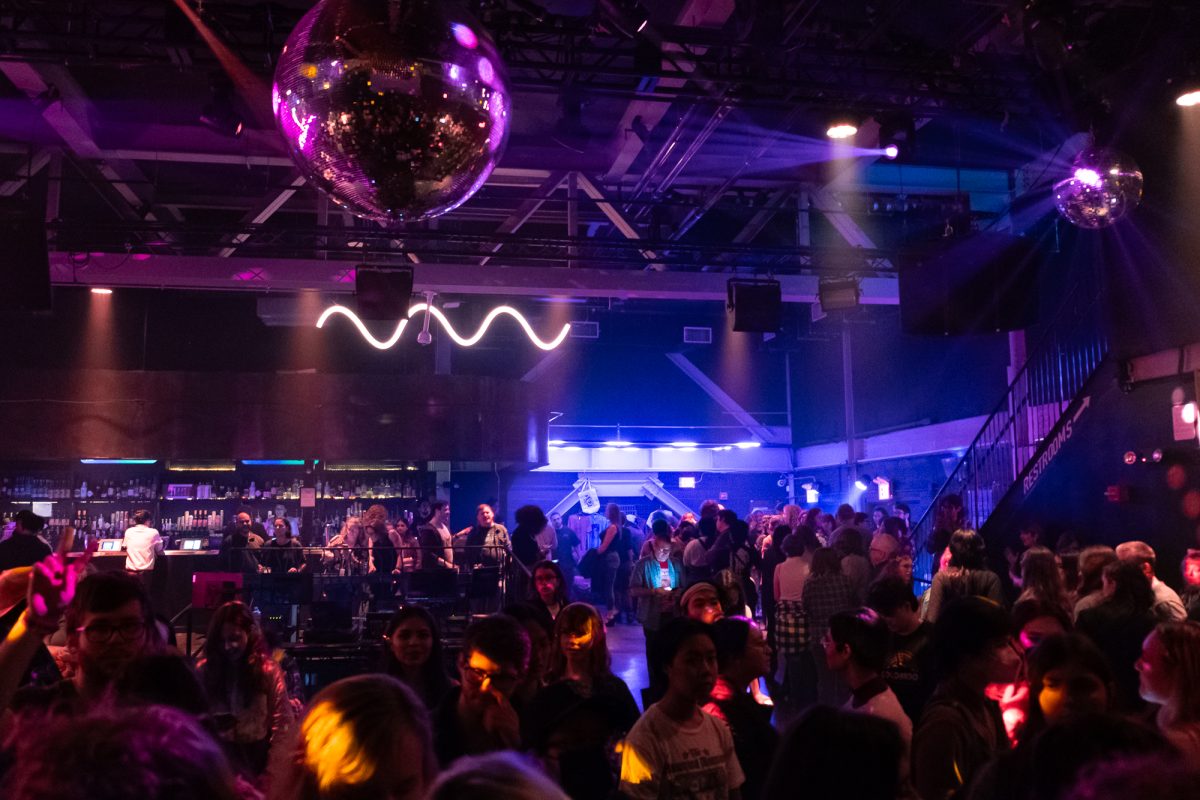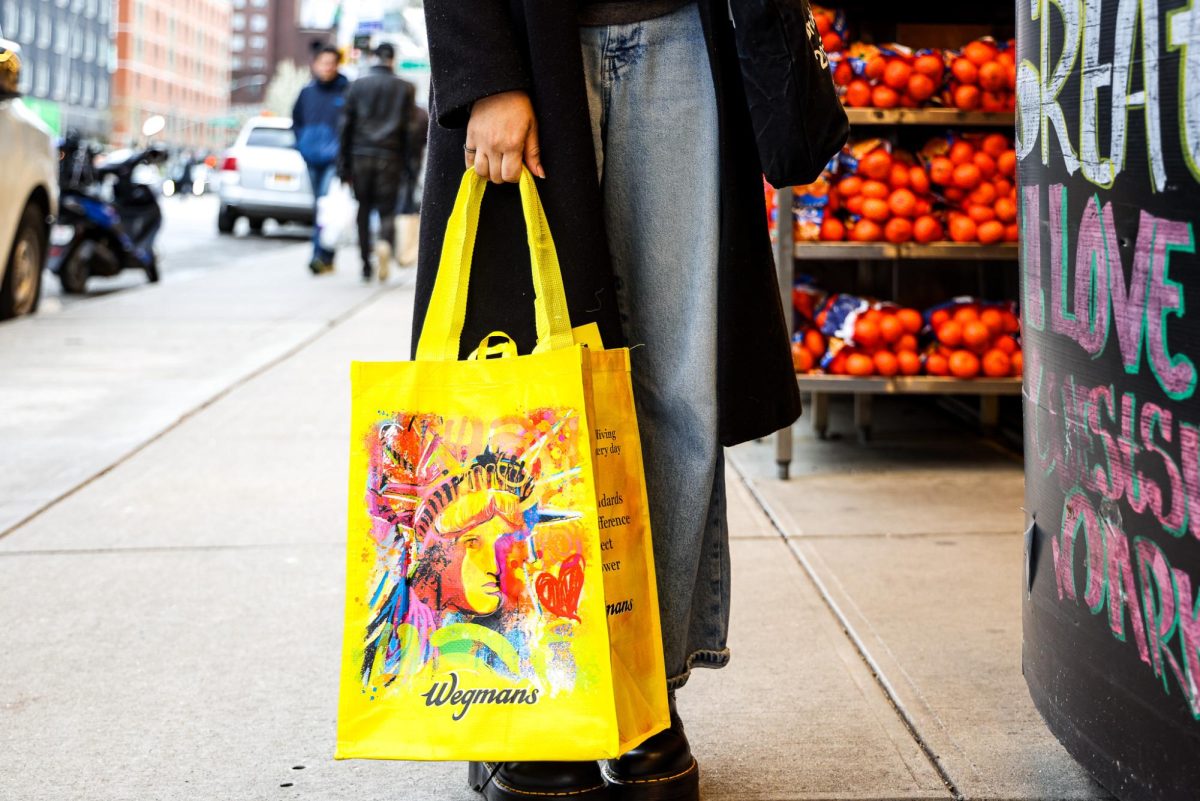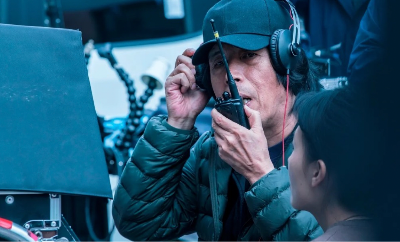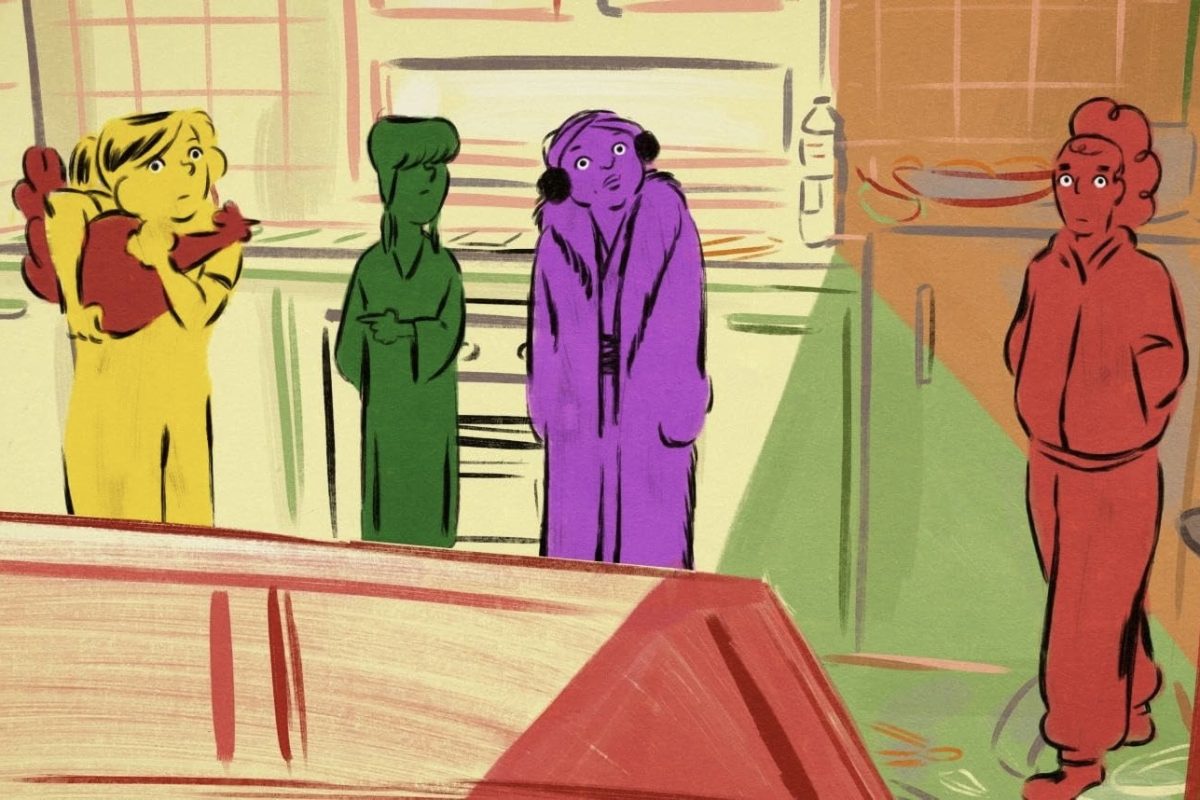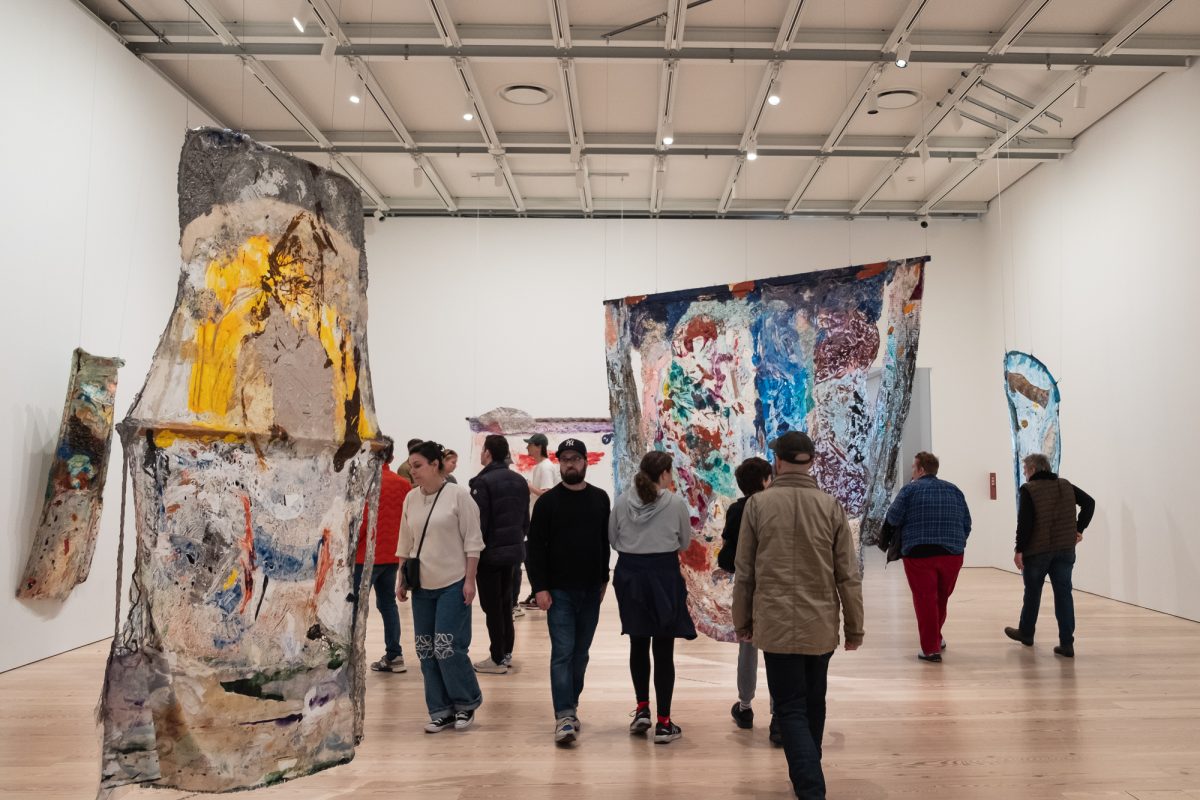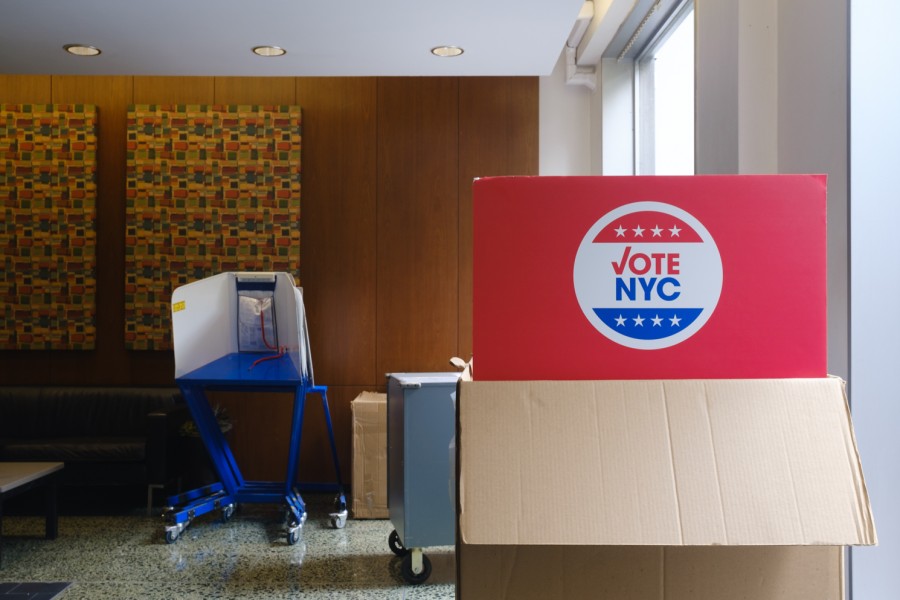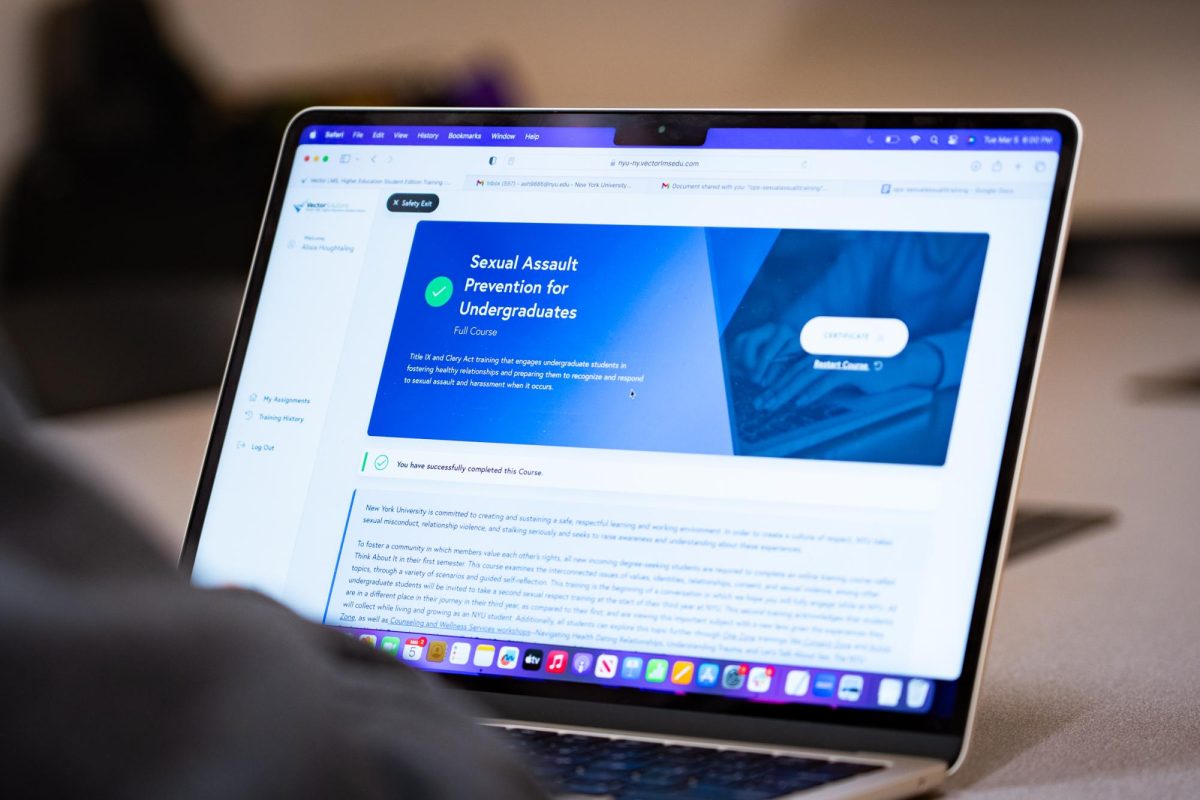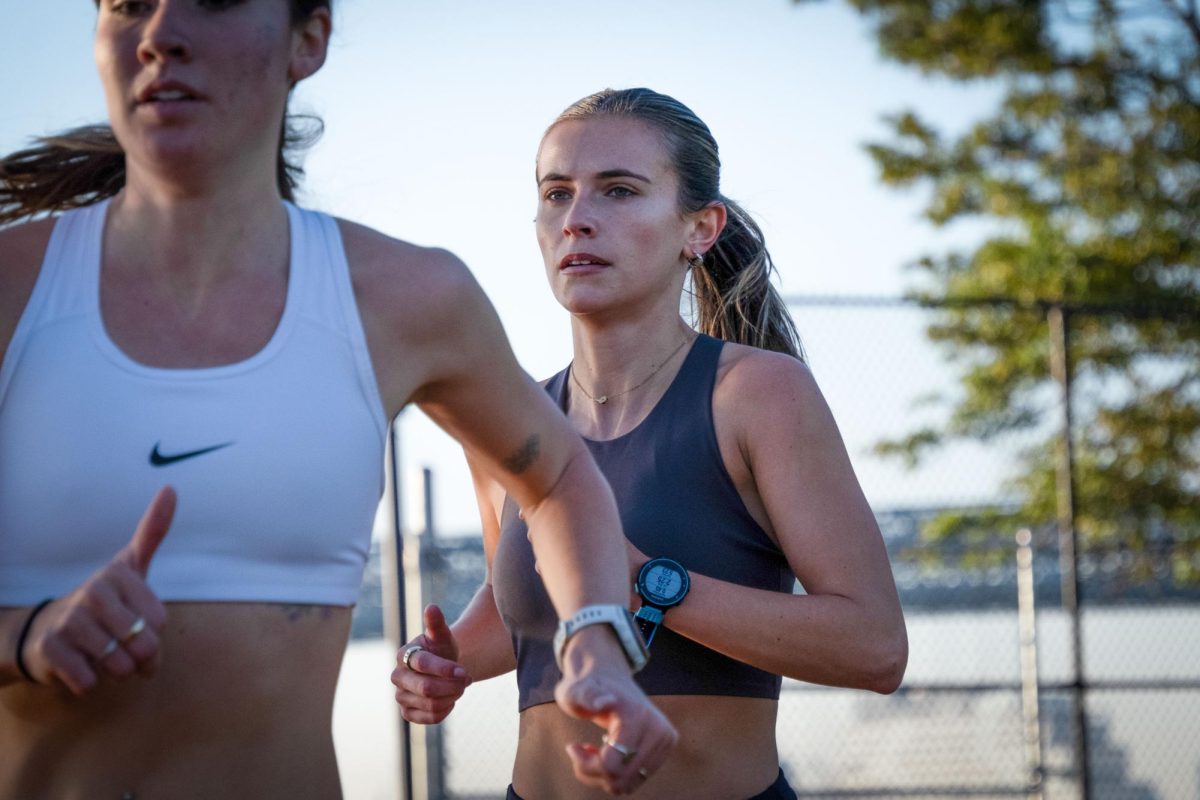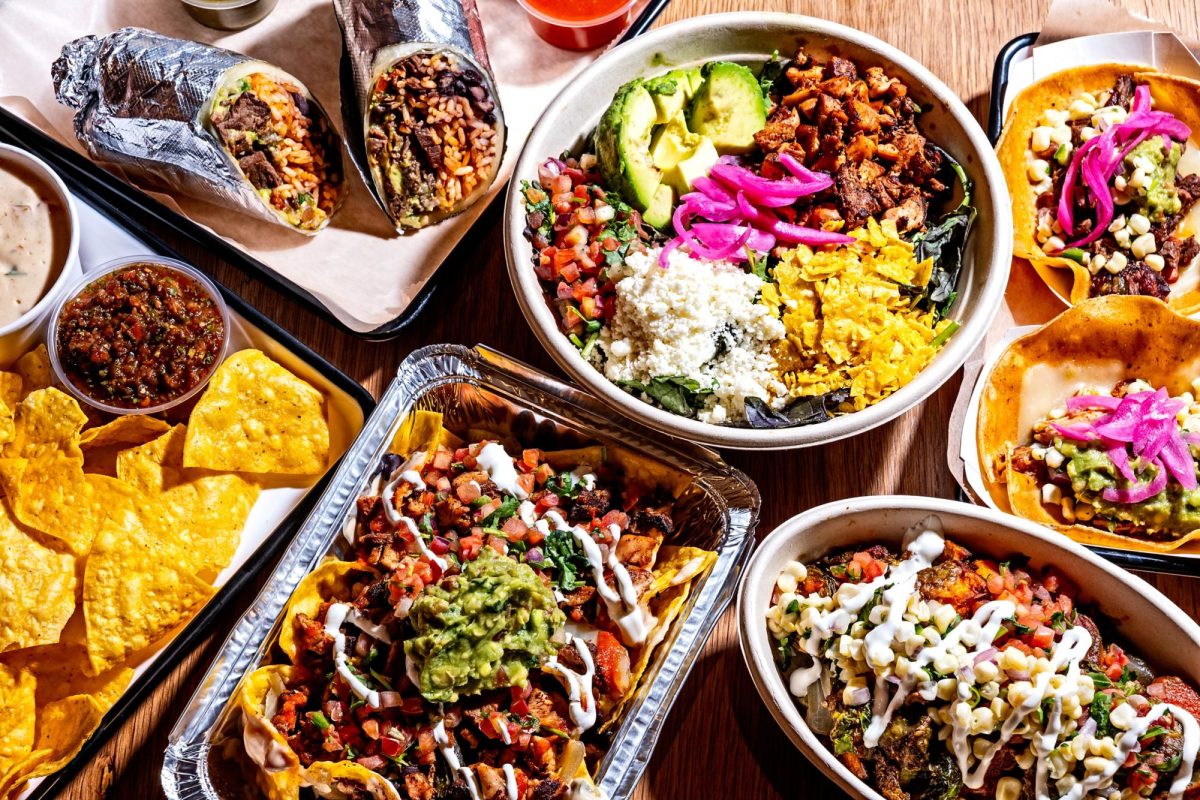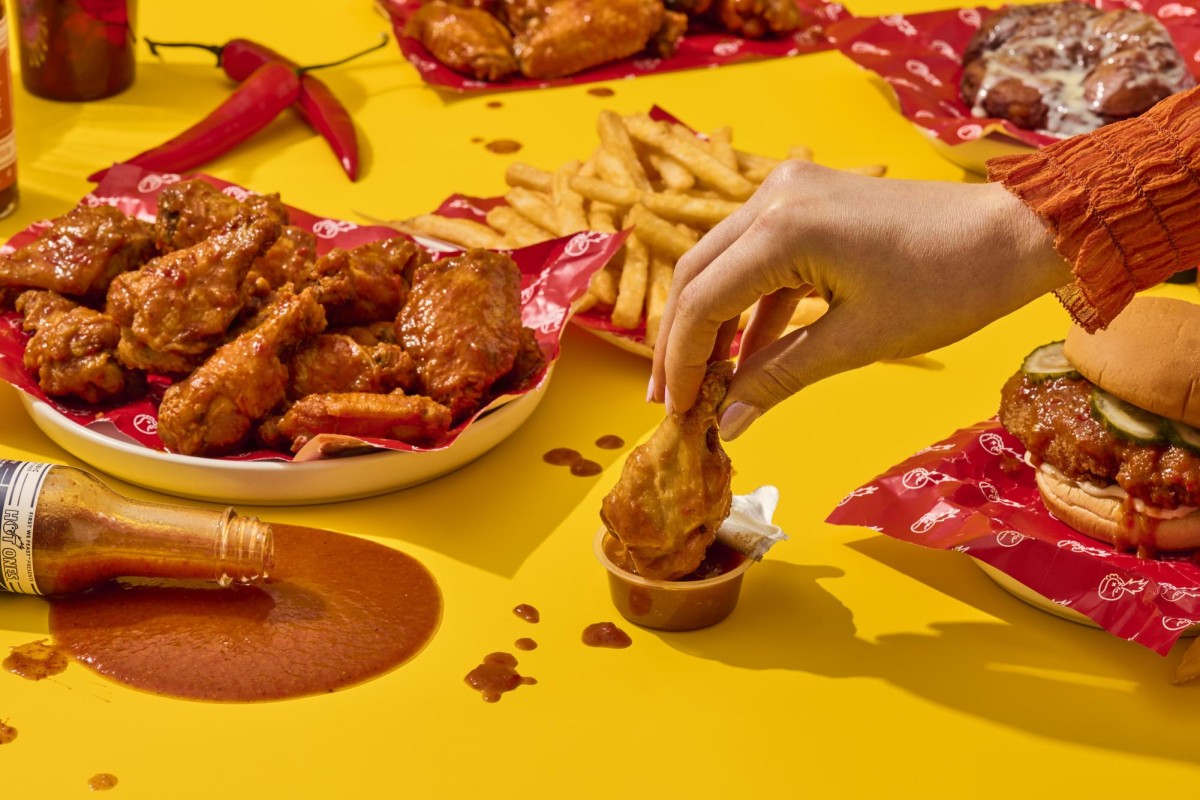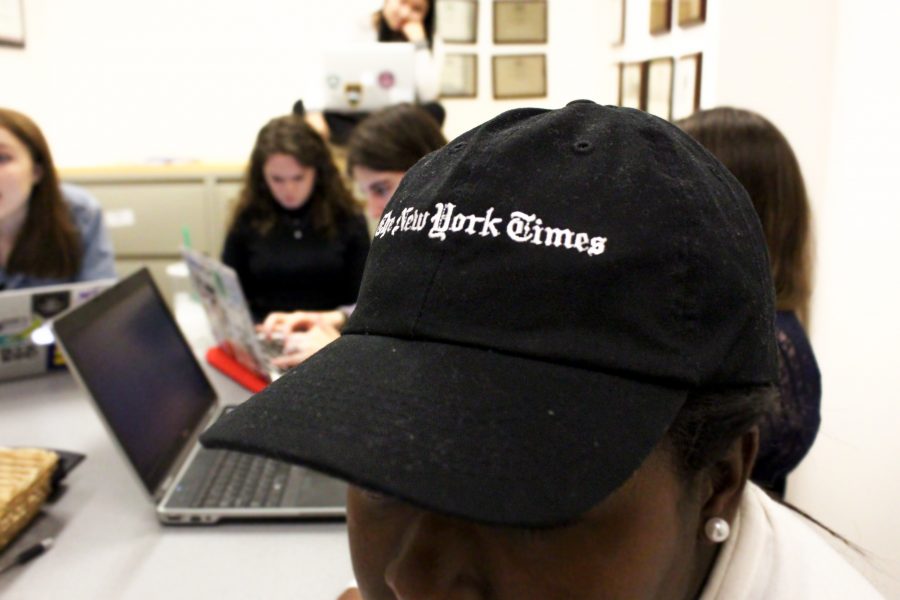NYU Journalists Face Uncertainty Following Press Briefing Bans
Last week, President Donald Trump barred the New York Times alongside other major news outlets (including CNN and Politico) from attending White House briefings. Journalism students worry about what this means for the future.
March 2, 2017
At 2:30 p.m. on Feb. 24, CAS senior Mariana Castro’s phone pinged with a New York Times alert. The Times, along with CNN, Politico and other major news outlets were denied admittance to a White House press briefing.
NYU journalism students like Castro are concerned by this prohibition and the general attacks on the press by President Donald Trump and his administration. In addition to verbal opposition from within the administration, some polls suggest that a significant portion of the public may share the President’s distrust of the media. In a recent Gallup poll, only 32 percent of responders said they found the media trustworthy.
As a student from Brazil, Castro said that she was already on edge due to the new administration’s aggressive stance on immigration and travel, and now she believes that her profession may be at risk as well.
“I looked around for a second and wondered what our future as journalists would look like now,” Castro said. “There I was, not only a foreigner constantly preoccupied by how much harder the administration is making it to stay here but also [a journalist] pursuing a career that is not in the President’s favor.”
Castro said that although she has concerns for her future profession, journalism students are living in one of the most exciting times for their field. Although she believes that Trump is trying to silence and take away the credibility of journalists, Castro thinks his antagonism toward the media should only incentivize students to push harder and be bolder than ever in conveying the truth.
Journalism professor Mitchell Stephens said that the situation is ironic because Trump is bashing media organizations like CNN, The Washington Post and The New York Times but their readership and viewership is increasing.
“I don’t think he has made this a bad time to be a journalist,” Stephens said. “In some ways it is a very exciting time to be a journalist. You know it is a scary time in the context of the country, it is a scary time to be a citizen in this country when you have the president attacking, for what appears to be such outlandish reasons, some of our better news organs.”
Stephens said that the restriction of these news sources should stimulate a renewed emphasis of the principles of good journalism for students, and he hopes these improvements will happen at NYU. He said that the rules and nature of journalism are changing, and students have to keep new pressures from Trump in mind.
CAS junior Jonas Inserra, who studies journalism, said that he is infuriated with the way Trump has attacked the credibility of certain news outlets. Nonetheless, he said journalism is an exhilarating field at the moment.
“I think we have to keep our eye on the ball and realize that journalism is as much a public service as a private profession,” Inserra said. “Without it performing its vital function of informing the populace and countering falsehoods we are surely doomed.”
He said that the administration’s attitude toward the media means that students need to approach political issues with a new angle and that truth-telling is now their responsibility.
Castro said that ideally the barring of these news outlets from White House press briefings will cause people to dig deeper into the issue and allow the press to serve their role as a watchdog for society. She said that trying to accomplish this goal motivates her to work harder as a journalist.
“This is a push for this new wave of fresh journalists to bring their A game and turn this lemon into lemonade — let this be the new prime time for journalism,” Castro said. “I honestly try to look at this as an incentive for me to get out of bed in the morning and go pursue what I love and live for, and I can say I’ve never done it with such eagerness.”
Email Mack Degeurin at [email protected].




